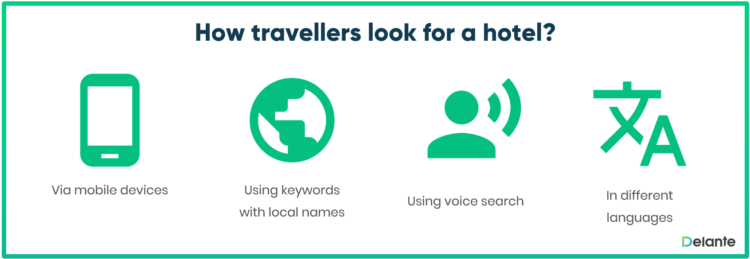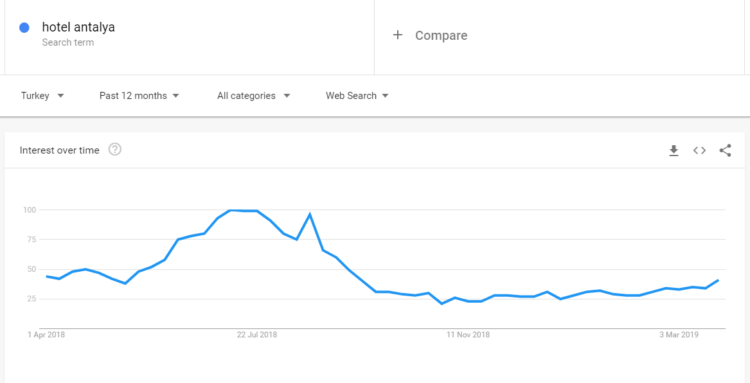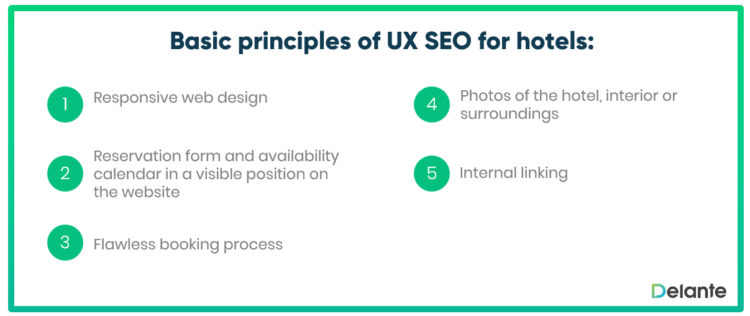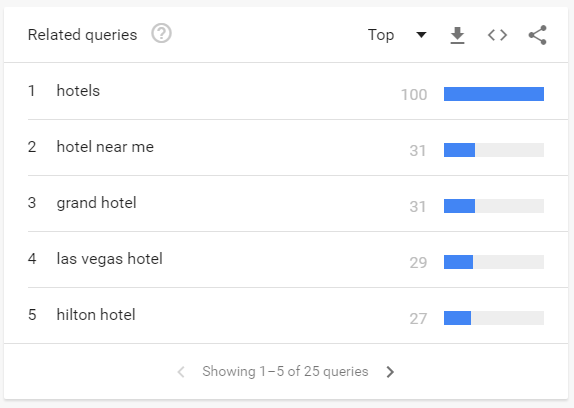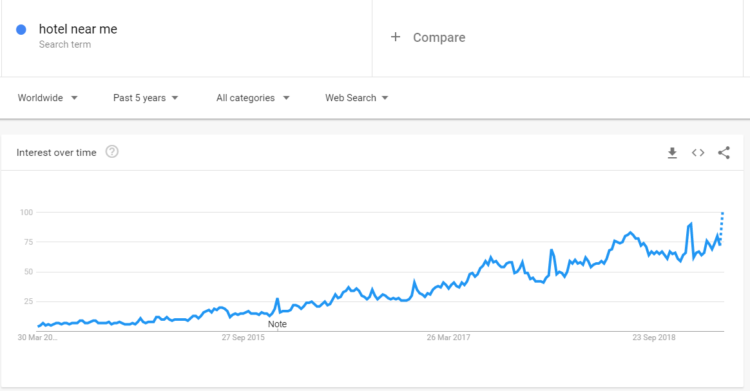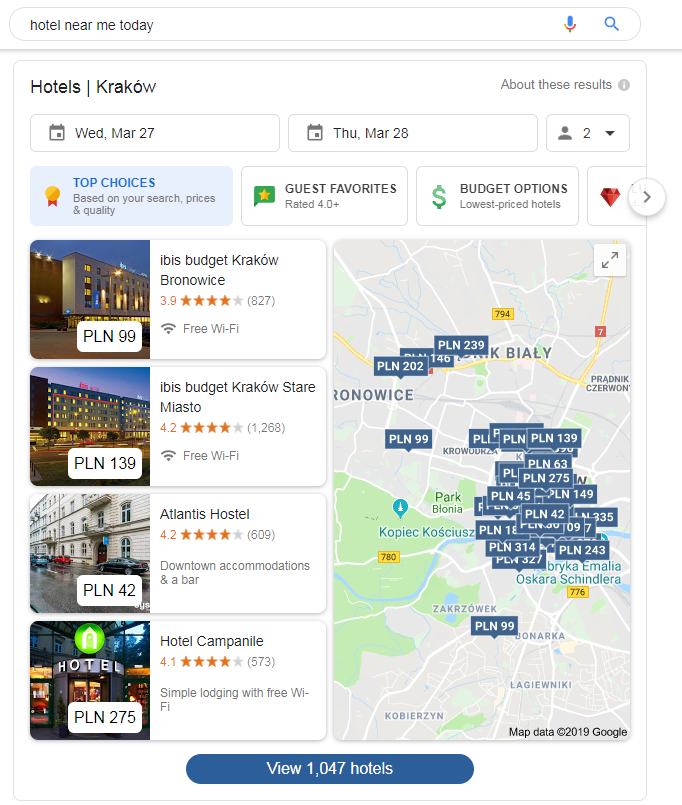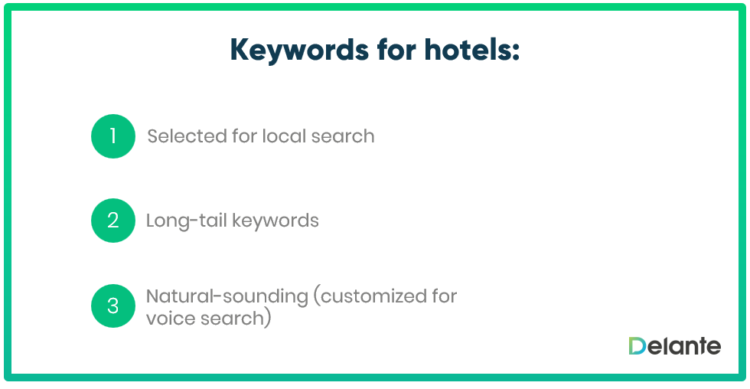How to manage SEO for hotels?

In Autumn last year the presentation of search results for accommodation in Google changed. This means a brand new SEO story for hotels. Today we are going to show you how to make the most of it: how to optimize your site and what kind of links to acquire to make your SEO efforts effective.
The new hotel search on Google requires site admins to focus on user’s needs and to make it easier to find information about accommodation so that the user can book the right hotel as soon as possible. Google’s new solution is to also recover some traffic from price comparison sites to those of the hotels.
Follow the user. How do travellers look for accommodation?
Before we get into hospitality & travel SEO services, let’s think for a moment about how users find those sites. It will help you understand some of the optimization actions. It’s worth pointing out that SEO for hotels is not a brand new way of SEO, but rather adjusting some known and loved tips and tricks to these types of pages.
If over half of all web traffic comes from mobiles, then no wonder it is the same with accommodation too. Hotel bookings are often made using mobile browsers and also last-minute, even during trips.
Let’s look further.
Queries concerning accommodation very often include local names: “hotel Antalya” or “hotels in a”, for example. The conclusion is clear: local SEO will be crucial for hotels. It is also not uncommon for users to use long-tail phrases while looking for accommodation: “hotel Antalya double room”, for example.
Finally: dynamically growing voice searches, which are used increasingly more often for accommodation research. This is another factor to take into consideration while working on SEO, and we will cover this topic later on.
Last but not least! You need to remember that even if the English version of a site will be the most popular as for search results, there are other nationalities and other languages used for searching too, so you should be prepared. Also, Google will not be the only search engine used for booking accomodation.
SEO for hotels: 5 factors to take into account
1. A UX-friendly and correct website project
Google, by introducing a new way of searching for hotels and displaying the results, have shown how the information should be constructed. Location, dates and prices are the most essential, so booking forms with availability calendars should be the first thing visible for users on a hotel’s site (after they found it via location search).
The process of booking itself has to be flawless as it requires providing a lot of sensitive, personal data. Otherwise the website can be seen as not trustworthy and impact on a customer’s decision about staying there.
What helps for both making decisions and SEO are photos of the hotel, interior or surroundings. However, putting unoptimized photos that are too big can negatively affect the loading time and put the user off so much that they resign from booking. Adding to photos some appropriate Alt attributes (especially if they include information about rooms or extra features) helps with increasing your Google rankings.
Providing the ability to switch between room options (different sizes or standards) or giving suggestions of related sites (which impacts internal linking) can influence your SEO as well, and positively impact sales. Another important factor is to work on room availability features: double-check if they are up to date, visible and clear at first sight so the user won’t have to waste their time.
RWD (Responsive Web Design) is a must nowadays – do we have to remind you? It is incredibly vital as many users will enter sites using their tablets and smartphones.
2. A good selection of keywords for hotels.
While choosing key phrases for hotels’ sites, you should take into account factors such as local search, detailed search and voice search.
Local search is important as the hotel is searched for in a particular place, not within a group of the same hotels. Good practice says about creating keywords that include not only a local name but also other details related to geolocation, examples:
- hotel Vegas
- hotel in Vegas
- hotel in Vegas close to the airport
- hotel in Vegas with good connection with the airport
Local search is tightly connected with a “near me” trend that is gaining popularity in the US. This mobile feature allows one to find accommodation based on a current user’s geolocation.
What can you do to make a hotel’s website react well to “near me” queries? It requires not only setting up a correctly optimized Google My Business page, but also updating your hotel’s website with all of the detailed information like directions, the address with the name of the district and the phone number with all of the prefixes. Take care about reviews as well: they can rank your site higher for “near me” requests!
This directly links with making good use of long-tail keywords. The more details they include, the better:
- Double room with bathroom in the centre of Krakow
- Cheap double room with single beds in Krakow
Voice search is getting more popular and will require more natural phrases including questions.
3. International users
Just one language version won’t do. Travellers come to your hotel from all around the world and require at least an English version of your site. Each language version must have an appropriately applied ‘hreflangs’ (we already delved deeper into this topic in one of our recent posts) and if the hotel accepts payments in many currencies, then it should allow users to choose a currency along with a language version.
Google is not the only one! Remember about other search engines that can be used for accommodation research: Bing, Yahoo, Goo, Ask.com, AOL, Baidu or Yandex just to name a few. As they are used internationally they can drive additional traffic, attract and reach tourists.
4. A brand’s name spot in meta title and description
It may not seem obvious, but a brand’s name is not the most important part of meta tags: meta title and meta description. As we mentioned before, users find hotels mainly via geolocation suggestions and less often via their names (however, it does happen when the accommodation is booked regularly, for a return visit or if the brand is widely recognized). So, in meta title it is better to include the brand behind the location: for instance, “Hotel Krakow City Centre – [Brand Name]”, or “Hotel Krakow Main Square – [Brand name]”. Meta description should make the most of location description and the hotel’s features.
5. External linking
Acquiring some external links is very important to SEO for hotels. It enhances a domain’s authority on Google rankings but, first of all, it increases the chances of selecting a particular hotel by users.
How to make external linking for hotels right?
- be active on social media platforms and posting in English
- set up a Google My Business profile (we prepared a how-to guide)
- be present on review sites – e.g TripAdvisor
- take care of ranks and lists of the best hotels, make yourself present there
To sum up…
A lot of factors affect a hotel’s SEO. The most important are those that impact on the simplicity and convenience of a user’s booking. Hotels’ sites compete with each other, but even more with hotel comparison sites – all in order to get the best results. The new way of presenting search results, introduced by Google, helps to bring organic traffic back to hotels’ sites. However, as much as it helps, it also requires constant optimisation and transparent, user-friendly configuration.
